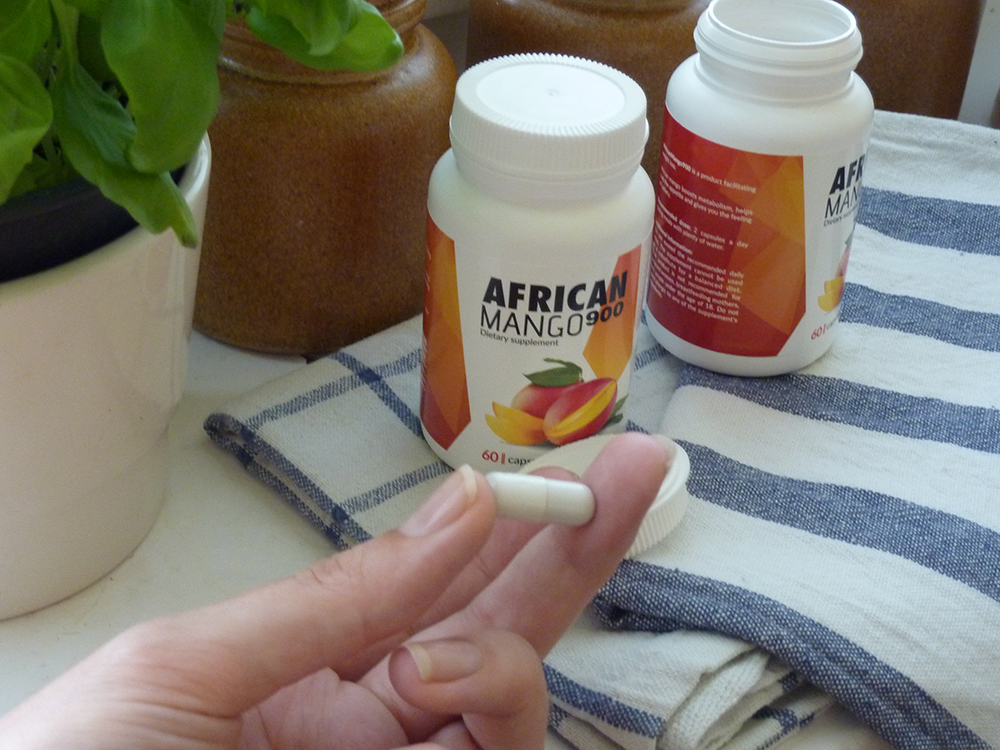In a world where the quest for weight loss often leads to fad diets and strenuous workouts, yoga stands out as a gentle yet effective way to shed those extra pounds while also nurturing your body and mind. Whether you’re a novice to yoga or have never practiced it before, this beginner’s guide will introduce you to the world of yoga for weight loss. Let’s embark on a transformative journey towards a healthier, more balanced you.
The Benefits of Yoga for Weight Loss
Before diving into the poses, it’s essential to understand why yoga is a fantastic choice for weight loss:
-
Burn Calories: Yoga, while not as intense as high-impact cardio, still helps you burn calories by engaging multiple muscle groups.
-
Boost Metabolism: Regular yoga practice can enhance your metabolism, making it easier for your body to process and burn calories.
-
Stress Reduction: Yoga promotes relaxation and reduces stress, helping prevent emotional eating, a common cause of weight gain.
-
Increased Mindfulness: By connecting the mind and body, yoga can make you more conscious of your eating habits, helping you make healthier choices.
Starting Your Yoga Practice
As a beginner, it’s essential to ease into your yoga practice gradually. Here are some tips to get started:
1. Choose the Right Style:
- For weight loss, dynamic styles like Vinyasa or Power Yoga can be effective.
- Consider enrolling in a beginner’s yoga class for proper guidance.
2. Gather Essential Equipment:
- A yoga mat
- Comfortable workout clothing
- A water bottle
3. Practice Regularly:
- Start with 2-3 sessions per week.
- Increase the duration and frequency as your strength and flexibility improve.
4. Listen to Your Body:
- Respect your body’s limits and avoid pushing yourself too hard, especially in the beginning.
5. Breathing is Key:
- Focus on your breath during practice; it’s an integral part of yoga.
Effective Yoga Poses for Weight Loss
Here are some beginner-friendly yoga poses to kickstart your weight loss journey.
1. Downward-Facing Dog (Adho Mukha Svanasana):
- Strengthens the entire body.
- Enhances flexibility and posture.
2. Plank Pose (Phalakasana):
- Tones the core, arms, and legs.
- Boosts metabolism.
3. Warrior II (Virabhadrasana II):
- Builds strength and balance.
- Engages the legs, arms, and core.
4. Bridge Pose (Setu Bandha Sarvangasana):
- Strengthens the back and glutes.
- Helps relieve back pain.
5. Cobra Pose (Bhujangasana):
External Links
ncbi.nlm.nih.gov
- IGOB131 is a novel, seed extract of West African plant Irvingia gabonensis. It significantly reduces bodyweight and improves metabolic factors in overweight people. This was in a randomized double-blind placebo-controlled study – PMC
- A case report of renal failure that was linked to African mango consumption.
webmd.com
- African Mango: What You Need to Know About Irvingia Gabonesis
- Goji Berries: Health Benefits and Side Effects
fda.gov
onlinelibrary.wiley.com
- Efficacy of a novel herbal composition for weight management – Stern – 2013, Obesity – Wiley Online Library
- Body Composition and Hormonal Adaptations Associated with Forskolin Consumption in Overweight and Obese Men – Godard – 2005 – Obesity Research – Wiley Online Library
How To
African Mango: Nutrients. Benefits. And Downsides
Mangoes is an exotic fruit that originated from tropical climates. They are now grown worldwide. Mangoes can be nutritious fruits that are high in vitamin A, potassium, fibre, calcium and iron. They also contain antioxidants such lutein and lutein as well as lutein, zeaxanthin (lycopene), alpha-tocopherol and beta-carotene.
The mango tree is most productive between 15degC, (59degF), and 30degC, (86degF). Mangoes will turn yellowish green when fully ripe. Unripe mango flesh is tender and juicy, but it becomes firmer and more dry as it ripens.
Mangoes are used in jams, pickles (ice cream), chutneys and pickles. Mango pulp is often added to Indian curries, rice dishes, and stir-fried veggies in Thailand. Mangoes can be eaten fresh, dried or candied.
Healthy Fruits, Vegetables
Since ancient times, mangoes have been used to treat diabetes. Mangoes are grown around the world today. There are many mango tree varieties: Alphonso is a variety of Ataulfo, Beni Suef and Bombay.
Mangoes are high in water and low in calories, which can help you lose weight. A medium-sized mango has approximately 100 calories and 3 grams of fat. This makes them among the healthiest fruits.
Mangoes are also packed with vitamins B1, B2, B3, B5, B6, C, E, K, magnesium, phosphorus, potassium, zinc, copper, manganese, folate, pantothenic acid, niacin, thiamine, riboflavin, and biotin.
Mangoes are rich in phytochemicals. These plant compounds protect cells from damage due to free radicals. Free radicals, unstable molecules that can cause cell injury, are unstable molecules. Mangoes are particularly good for protecting your eyes, heart, and brain.
Mangoes may be helpful for people who want to lose weight because they are high in water content. Water keeps your body hydrated, and makes you feel fuller for longer.
Did you miss our previous article…
https://slimbody.pw/ep197-when-your-bloodwork-is-typical-however-you-still-feel-like-crap/





